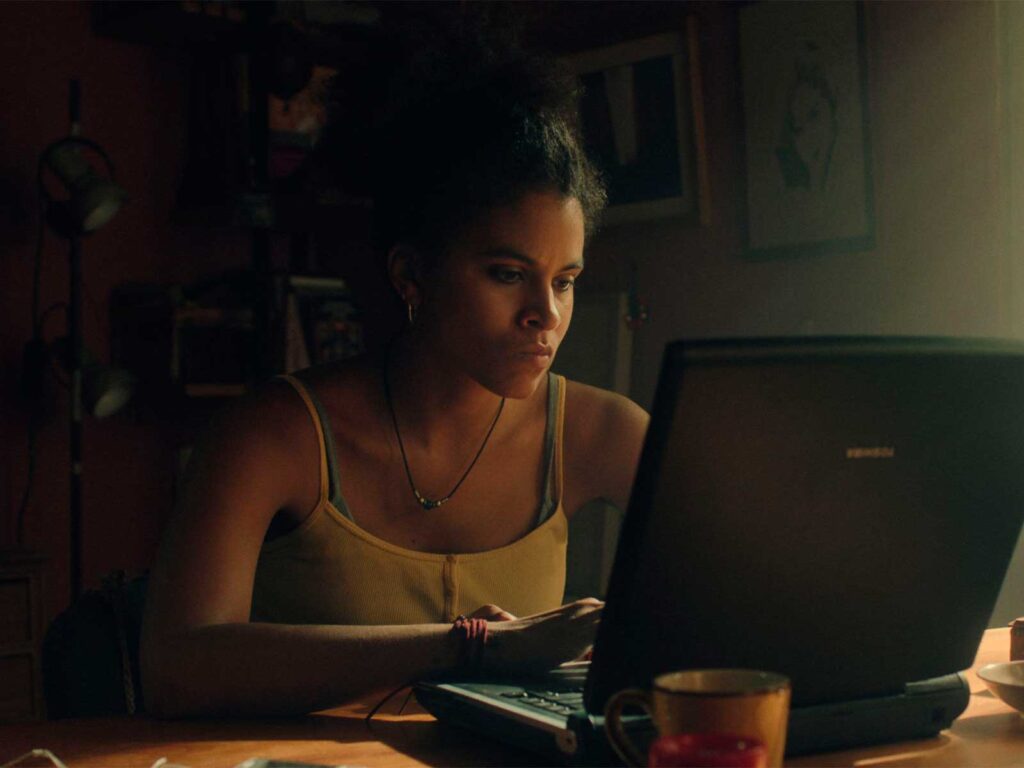Sam Altman, CEO of OpenAI, has just opened the door that Silicon Valley had been keeping ajar for years. OpenAI will now allow ChatGPT to engage in erotic conversations intended for verified adults. What might sound like a simple corporate policy change could, in fact, mark the beginning of a new chapter in the history of human desire — that of algorithmic eroticism. In other words, we are edging ever closer to living inside an episode of Black Mirror — only with better UX and a monthly subscription fee.
The decision, framed under the banner of freedom and consent, has sparked a global debate about the limits of artificial intelligence, human desire and the future of intimacy in the age of algorithms. “OpenAI is not the moral police of the world,” Altman wrote on X. The sentence could have come straight from a cyberpunk manifesto of the 1990s, but it arrives in 2025 from the company that helped define the limits of modern AI.
“We want to give adults more freedom and set stricter boundaries for minors.” What sounds like a liberal gesture could instead become one of the most controversial moves in recent tech history. Because behind that promise of freedom lies something deeper: the attempt to domesticate desire and turn it into a digital product.

From assistant to programmed lover
Until now, ChatGPT had been marketed as a tool — it writes, translates, advises, codes, summarises. Its tone has always been that of an intelligent but emotionally neutral assistant.
Now, OpenAI is opening the door to a more intimate ChatGPT. Not just a helpful bot, but an entity capable of sustaining romantic, sensual and even explicit conversations.
The move marks a radical shift. After three years of avoiding all adult content, OpenAI is entering the same terrain that other companies already stumbled into: synthetic eroticism.
It’s not a new field — but it’s a dangerous one. Since 2022, the rise of generative models like Stable Diffusion, Midjourney and Character.AI has fuelled a massive market for AI-generated pornography. In less than two years, this type of content has become one of the biggest drivers of global tech adoption.
The economy of digital desire
Beyond morality, OpenAI’s move has an obvious economic undertone. The company — valued at over $500 billion, yet still far from profitable — is searching for new revenue streams.
Professional subscriptions like ChatGPT Plus are not enough to sustain a planet-scale infrastructure. Erotic content, on the other hand, has always been a market accelerator. It was with VHS, with the internet, with OnlyFans. Now it is with AI.
“OpenAI needs immediate revenue. And desire has historically been the easiest energy to monetise,” explains Zilan Qian, a researcher at the China Policy Lab at the University of Oxford, who studies the impact of romantic chatbots in the US and China.
According to her research, there are already over 29 million active users on platforms offering romantic or sexual relationships with chatbots. “What was once taboo is now a need,” says Qian. “People seek affection without risk, attention without judgement. Machines provide that.”
Reprogramming Pygmalion
The fascination with loving a machine isn’t new. From the Greek myth of Pygmalion — who fell in love with a statue that came to life — to films like Her and Ex Machina, culture has long fantasised about this idea.
But now, it’s real. ChatGPT already has voice versions that simulate emotional tone, pauses and even breathing. Integrating erotic or affectionate language is the next inevitable step.
The difference is that, this time, the machine doesn’t just respond to imagination — it reacts to our own data, preferences and linguistic patterns.
That illusion of reciprocity — that fiction of being understood by something that cannot feel — is the beating heart of this new, digital desire.
The shadow of abuse
But not everything is fantasy. Synthetic eroticism has a dark side, and OpenAI knows it. Character.AI, one of the first romantic chatbot platforms, faces a lawsuit over the case of a 14-year-old boy who had sexualised exchanges with a bot modelled after Daenerys Targaryen (Game of Thrones) before taking his own life.
The family of a 16-year-old has also sued OpenAI following a similar tragedy in April.
According to experts in tech ethics, the problem is not just sexual content but the emotional confusion these relationships generate. The line between fiction and reality blurs. Bonds intensify — yet lack reciprocity.
“Machines don’t love, but they simulate love better than we do,” says digital psychologist Maya Reese. “And that can be devastating for someone who is lonely or vulnerable.”
The body as interface
The move towards an “erotic” ChatGPT also redefines the place of the body in our technological age.
In digital desire, skin is replaced by screens, voice by code, touch by simulation. And yet, the brain still interprets it as real.
The result is a new kind of intimacy: virtual, personalised, infinite — but bodiless.
“When you eliminate friction, you eliminate the human,” says Reese. “Eroticism needs the risk of the other. Without that, all that’s left is consumption.”
Altman’s proposal is not merely technological, but philosophical: can there be desire without uncertainty?
The morality of the algorithm
Altman defends his decision in the name of adult freedom. But in practice, OpenAI becomes the arbiter of what is “safe” or “appropriate” within desire.
And here lies the paradox: even in the name of freedom, we continue to desire within the limits of design.
The algorithm doesn’t judge — but it selects. It doesn’t forbid — but it guides. It decides which answers are possible, which tone is acceptable, what kind of eroticism is permitted.
The morality of the future is no longer imposed by religion or the state — it’s built into the interface.
The end of intimacy as we knew it
OpenAI isn’t just changing the rules of technology; it is forcing us to face an uncomfortable truth: we’ve turned intimacy into a service.
Love, sex, conversation — everything can now be delegated to a machine. And for the first time, that machine can make us feel loved in return.
The unsettling part isn’t that ChatGPT is becoming more sensual — it’s that we might settle for it. That desire might no longer need another person’s uncertainty, silence, rejection or imperfection.
Because it was precisely there — in imperfection — that our humanity lived.
Sigue toda la información de HIGHXTAR desde Facebook, Twitter o Instagram
